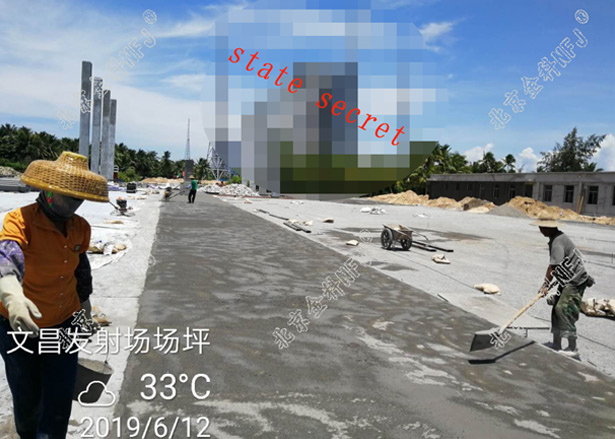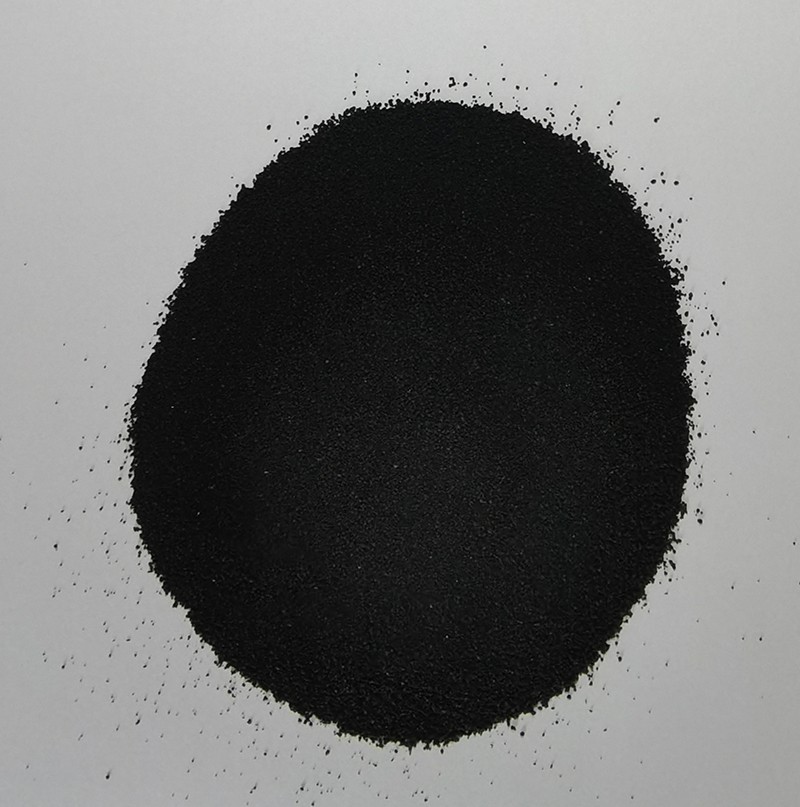## Understanding Porous Fiber for Heat-Resistant Composites
Porous fiber technology plays a crucial role in the development of heat-resistant composites, which are essential for various high-temperature applications, from aerospace components to industrial machinery. The primary function of porous fiber is to enhance thermal resistance, mechanical strength, and lightweight properties while ensuring effective heat dissipation.
At the heart of porous fiber composites are key components: high-temperature-resistant fibers (such as carbon, aramid, or ceramic fibers), a resin matrix that binds these fibers, and the specially engineered porous structures that facilitate effective thermal management. The high-temperature-resistant fibers provide structural integrity and resistance to thermal degradation, while the resin matrix encapsulates the fibers, increasing the composite's toughness and reducing brittleness. The porosity of the composite is achieved through advanced manufacturing techniques, which may include methods such as foam processing or phase separation, creating a network of interconnected voids that significantly enhance the material's thermal performance.
The working mechanism of porous fiber composites is intricately linked to their structure. The porous nature allows for effective airflow, which helps in dissipating heat during high-temperature operations. This is particularly advantageous in applications such as aerospace thermal protection systems, where managing extreme temperatures is critical. Moreover, the unique fiber arrangement and resin combination enable these composites to maintain their mechanical properties under thermal stress, making them indispensable for components exposed to heat and pressure.
Advanced manufacturing technology aids in the efficient production of porous fiber composites by allowing precise control over the composition and structure. Techniques such as 3D printing and automated fiber placement not only streamline the production process but also enable the customization of composite materials to meet specific performance criteria. This efficiency is vital in modern manufacturing, where there is a high demand for durable, lightweight materials that can withstand extreme conditions while minimizing production waste.
In practical applications, porous fiber composites are commonly used in aerospace for thermal insulation in engines and heat shields. In the automotive industry, they feature in components designed to endure high temperatures, such as exhaust systems. Additionally, in industrial contexts, they serve in furnaces and kilns, where insulating properties are paramount.
For companies seeking to enhance their product offerings with advanced material technologies, connecting with reputable suppliers who specialize in porous fiber for heat-resistant composites is essential. Whether you are looking to develop new applications or improve existing products, exploring these innovative materials will greatly benefit your engineering solutions. For more information, feel free to contact us.
Show More >>
PRODUCTS
You are welcome to contact us at any time, please write the message here and we will reply you in 24 houre. thanks foryour support.



